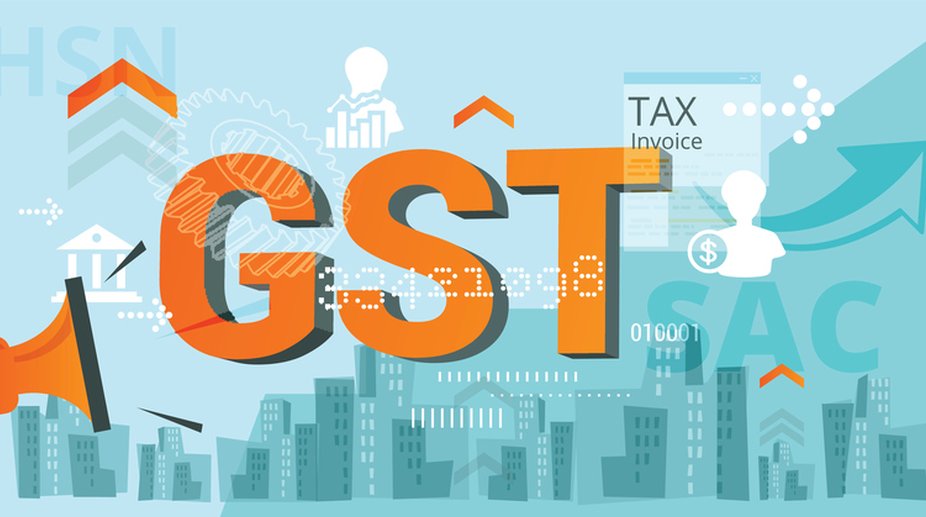A top industry body on Tuesday asked the GST Council and the government to help exporters receive their tax refunds at the earliest and called for easing rules for GST administration on exports to maintain the growth momentum.
“The growth in exports has picked up, providing momentum which must be maintained by making our goods competitive. We should fully tap the uptick in the global economy to our advantage. It is pertinent to ensure that our exporters remain fully funded and do not face any working capital shortage,” the Associated Chambers of Commerce and Industry of India (Assocham) said in a statement.
Advertisement
“Significant amount of refunds pertaining to pre-GST period are yet to be granted to the assesses. The refunds are stuck either due to delay in processing of the refunds or in the litigations relating to eligibility/ procedural aspects for refund claim. This has caused significant amount of funds blockage for the exporters.”
Assocham has listed several issues such as refund of the Goods and Services Tax (GST) paid on capital goods, export obligations, transfer of drawback scrips and early clearances of their dues on account of tax refunds for resolution by the GST Council and the Finance Ministry.
The chamber is engaged with the GST Council, Finance Ministry and tax authorities for ironing out the GST roll-out issues.
Assocham said that as per section 16 of the Integrated GST Act, the exporters have an option not to pay any IGST on the exports and claim refund of the GST paid on procurement of inputs and input services. However, no refund is available for GST paid on the capital goods per section 54(8)(a) of the CGST Act. Since in case of exporters, there is no output GST liability, this results in blockage of credit of GST paid on capital goods, impacting the financial health of the exporters.
Also in the GST regime, for non-fulfilment of export obligation on imports made during pre-GST regime, while the importer is required to repay the customs duty saved, including Countervailing Duty (CVD) and Special Additional Duty (SAD) component, its credit is not available in absence of enabling provisions under GST law. This results in such CVD and SAD component becoming a cost to such exporters in GST regime, it said.
In the pre-GST regime, the Merchandise Exports from India Scheme (MEIS) and Service Exports from India Scheme (SEIS) scrips were allowed to be used to pay excise duty/ service tax on the procurements.
However, similar facility is not available under GST law and now the MIES and SEIS scrips can be used only for making payment of the basic customs duty. Due to such restriction, the exporters are not able to fully derive the benefits under these schemes and this impacts their financial health, Assocham added.











